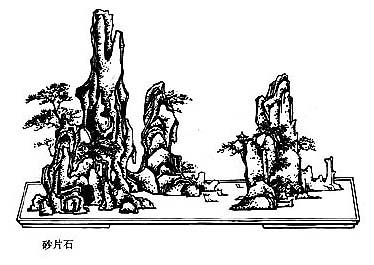Shi Jing 
 – The Book of Odes
– The Book of Odes
The oldest collection of Chinese poetry, more than three hundred songs, odes and hymns. Tr. Legge (en) and Granet (fr, incomplete).
Shijing II. 5. (204)
In the fourth month comes summer,
And in the sixth month the heat begins to decrease.
Were not my forefathers men ?
How can they endure that I should be [thus] ?
The autumn days become cold,
And the plants all decay.
Amid such distress of disorder and dispersion,
Whither can I betake myself ?
The winter days are very fierce,
And the storm blows in rapid gusts.
People all are happy ;
Why do I alone suffer this misery ?
On the mountain are fine trees, –
Chestnut trees and plum trees.
Of their degenerating into ravening thieves,
I know not the evil cause.
Look at the water of that spring,
Sometimes clear, sometimes muddy.
I am every day coming into contact with misfortune ;
How can I be happy ?
Grandly flow the Jiang and the Han,
Regulators of the southern States.
Worn out as I am with service,
He yet takes no notice of me.
I am not an eagle nor a hawk,
Which flies aloft to heaven.
I am not a sturgeon, large or small,
Which can dive and hide in the deep.
On the hills are the turtle-foot and thorn ferns ;
In the marshes are the medlar and the yi.
I, an officer, have made this song,
To make known my plaint.
Legge 204

The Book of Odes – Shi Jing II. 5. (204) – Chinese off/on – Français/English
Alias Shijing, Shi Jing, Book of Odes, Book of Songs, Classic of Odes, Classic of
Poetry, Livre des Odes, Canon des Poèmes.
The Book of Odes, The Analects, Great Learning, Doctrine of the Mean, Three-characters book, The Book of Changes, The Way and its Power, 300 Tang Poems, The Art of War, Thirty-Six Strategies
Welcome, help, notes, introduction, table.
Index – Contact – Top
